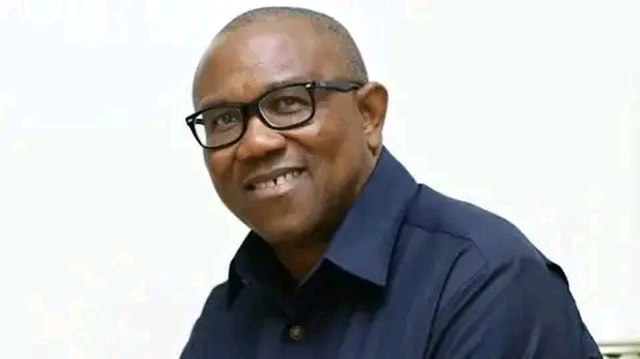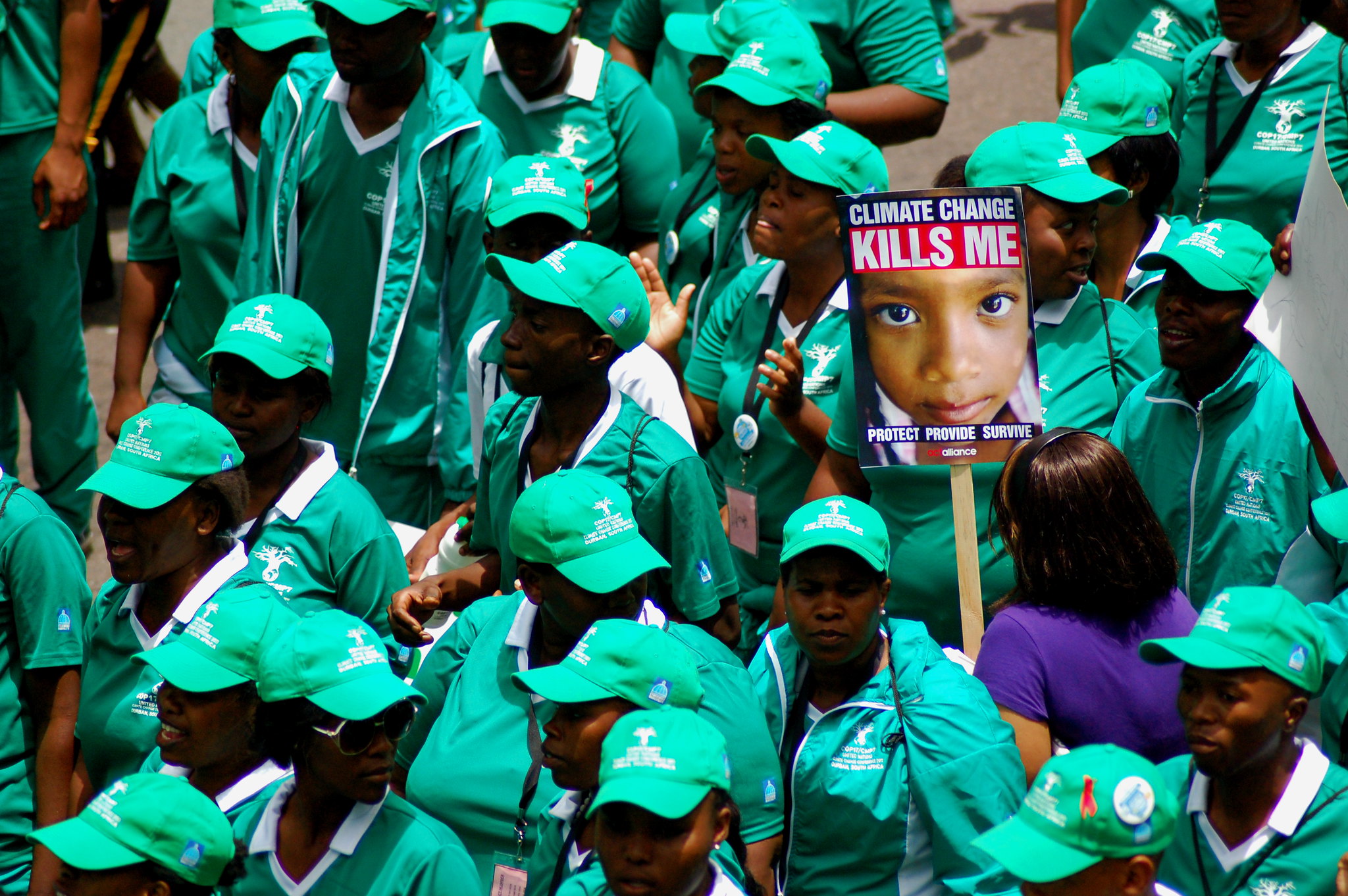The continent needs to take significant steps to engage its large, young population in its socio-economic and political activities writes Raphael Obonyo. In the past, many African countries have ignored and excluded their youth from decision-making often with dire consequences.
The lack of meaningful youth engagement in Africa continues to undermine young people and the continent’s potential according to African Leadership Institute. The Institute’s report entitled ‘An abundance of young African Leaders but no seat at the table’ reveals that the continent’s youth are largely absent from decision-making across Africa and it calls for more efforts to harness youth potential to take Africa forward.
The exclusion of young people has had disastrous consequences – threatening political stability, economic development, and social cohesion. Africa’s young people want their fresh ideas, creativity, and optimism to be utilised in driving change and progress on the continent, and Africa needs the creativity, innovation, and participation of its youth at all levels.
Over 75 per cent of Africa’s 1.2 billion inhabitants are under the age of 35. Of those, 453 million Africans are aged between 15-35. Africa cannot make progress when the bulk of the population is not included in decision-making and development. As the largest, and ever-growing demographic on the continent, young people’s participation is key to both sustainable development and good governance.
Voices at the top
The African Union Commission has shown itself to be a forerunner in this field. It has, for several years, had a Special Youth Envoy, responsible for relaying the concerns of African youths to the policy organs of the African Union. African youth have, therefore, gained a permanent advocate in the interest of understanding the various challenges they face
In 2019, during the second Pan African Youth Forum, the African Union launched “1 million by 2021 initiative” to invest and provide opportunities for millions of African youth in four key areas; Employment, Entrepreneurship, Education and Engagement.
Speaking at the celebration of African Youth Day in 2022, Moussa Faki Mahamat, Chair of the African Union Commission emphasised the need for youth inclusion. “The participation and inclusion of youths call for a contribution of new blood to the various debates, through a renewal of ideas. To do so, a positive mindset, steeped in resilience, patience, immersed in the virtues of moral probity and active faith in the future, remains the only guarantee of the triple political, economic, and social effectiveness.” Faki said.
Increasing participation
A study by Youth Alive and the Centre for Youth Empowerment and Civic Education revealed low levels of youth participation in Malawi, Kenya, and Zimbabwe, especially in governance and leadership. The study noted the limited access to information, discrimination of young people and poverty as key factors that limited participation.
Hoping to address some of these issues, the International Sustainable Development Agency has partnered with the International Republican Institute in Kenya to build the capacity of youth leaders to enhance inclusion and improve youth accountability mechanisms in devolved government. According to the organisations, young people who are supported to participate in decision-making are more likely to have increased confidence and self-belief, exercise positive career choices, and have greater involvement and responsibility in the future.
A USAID study in Africa showed that the establishment of youth parliaments and councils can promote youth participation in politics. The entities can increase young people’s voices, develop their critical social and interpersonal skills, enhance their self-esteem, and introduce them to national and global processes.
There are many outstanding examples of initiatives working to improve youth participation in different spheres.
In Nigeria, iLead Africa, a non-governmental organisation, is supporting a youth leadership parliament to offer young leaders a platform to discuss opportunities and strategies to mobilise their peers to create a shared vision to advance youth participation in civic and political processes.
In Kenya, the Youth Congress, a non-governmental organisation, provides young people with a platform to express their issues. The organisation has brought youth together through the formation of local and national networks to strengthen youth voice and participation in leadership and development.
Speaking last year at the launch of Namibia’s YouthConnekt Africa, initiative, aimed at implementing African solutions to African problems, the country’s deputy Minister of Sport, Youth and National Service, Hon. Emma Kantema-Gaomas, emphasised the need to prioritise youth participation. “Africa’s most valuable resource is its youth, and Namibia is no exception, with youth constituting the majority of the population,” said Kantema-Gaomas.
At the youth pre-summit for democracy dialogue held in Zambia this year, a panel of speakers including Swaziland’s Maxwell Dlamini of Southern African Youth Solidarity Network (SAYSN) and Democratic Republic of Congo’s, Merveille Gozo of Elykia Institute, sounded caution against the exclusion of young people and emphasised the important need for youth inclusion and participation in democratic processes.
“The cost of youth exclusion is very high…we lose more when we do not include the youth. It’s an economic, political, social and environmental loss,” said Dlamini “We need to approach the issue of youth participation from policy level and then we move to practice… laws in African countries must be clear on youth.” added Dlamini
“There is a need to include youth at all levels of decision-making, if they refuse to give youth the chair, youth should sit on the floor,” said Ms Gozo
The most important resource Africa possess is the youth. Countries on the continent should take measures to combat exclusion, break the barriers however they may be present and facilitate meaningful participation of young people. Also, governments in Africa should create an enabling environment for youth to participate effectively in different processes in the society and reach their full potential. Ultimately, youth must be considered as partners, assets, and prerequisites for Africa’s sustainable development.
Photo credit: Paul Kagame used with permission CC BY-NC-ND 2.0





